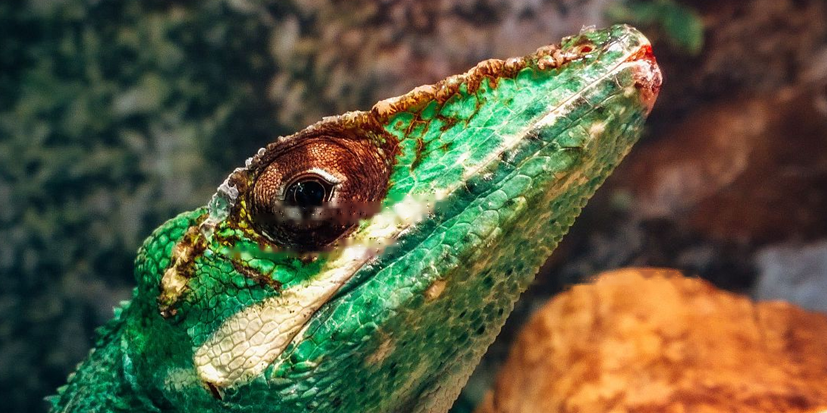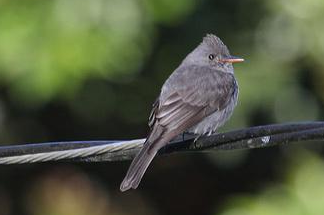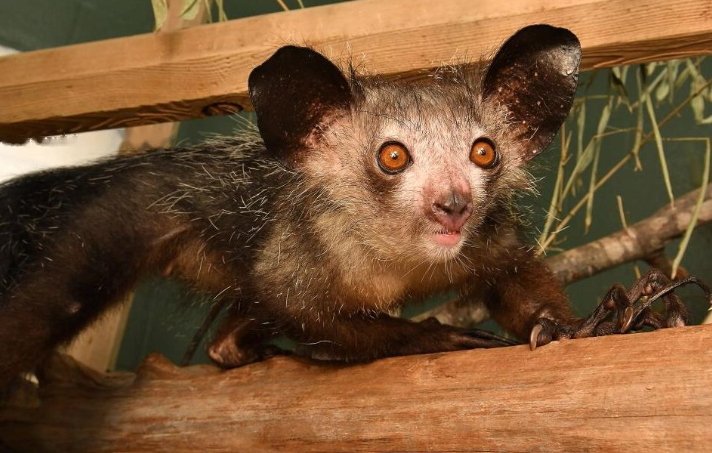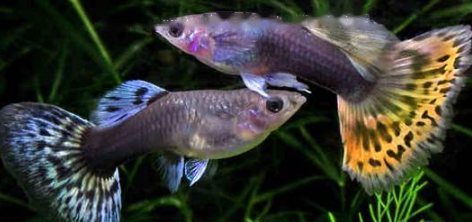Do you know the Cuban Chameleon? This is a large lizard species mainly found in Cuba. I believe many of my friends are not very familiar with them, right? Then, let me tell you a little bit about it!

1. Basic information
Chinese name: Cuban Chameleon
Kingdom: Animalia
Phylum: Chordate
Class: Reptiles
Order: Squamous
Family: Iguana
II. Appearance characteristics
The body color of the Cuban chameleon is bright green, occasionally turning dull taupe; its skull appears very rigid; its snout is elongated and fusiform, and its throat is pink; its eyes There are yellow-white stripes below and on the shoulders; there are small granular scales on the body, and the tail is slightly flattened.
Ps: Cuban chameleon juveniles have rounded heads and large eyes, which are often mistaken for other species.
III. Living habits
The Cuban Chameleon is an arboreal diurnal animal. It likes the shade of the sun and is not very agile; when chased by the enemy, they will flee to the canopy, especially when encountering snakes or elephant snakes, they will immediately take a defensive state, hold up their throats and open their mouths to fight back.
Cuban chameleons prefer to inhabit jungles, grasses, low shrubs, tree trunks, canopies, and caves; they usually feed on large insects or other small lizards.
Four. Breeding methods
During the rainy season, Cuban chameleons will lay more eggs. After mating, the female Cuban chameleon lays multiple eggs, 1-2 or 2-3 eggs at a time, and the incubation period of each egg is 30-70 days.
Ps: Depending on the environment, female Cuban chameleons lay their eggs in tree cavities, rock crevices in caves, or buried in soil.
That's all for today~Thank you for reading!
![[Original] Sharing of popular science knowledge of ringed map turtles](/static/img/11249/11249_1.jpg)




